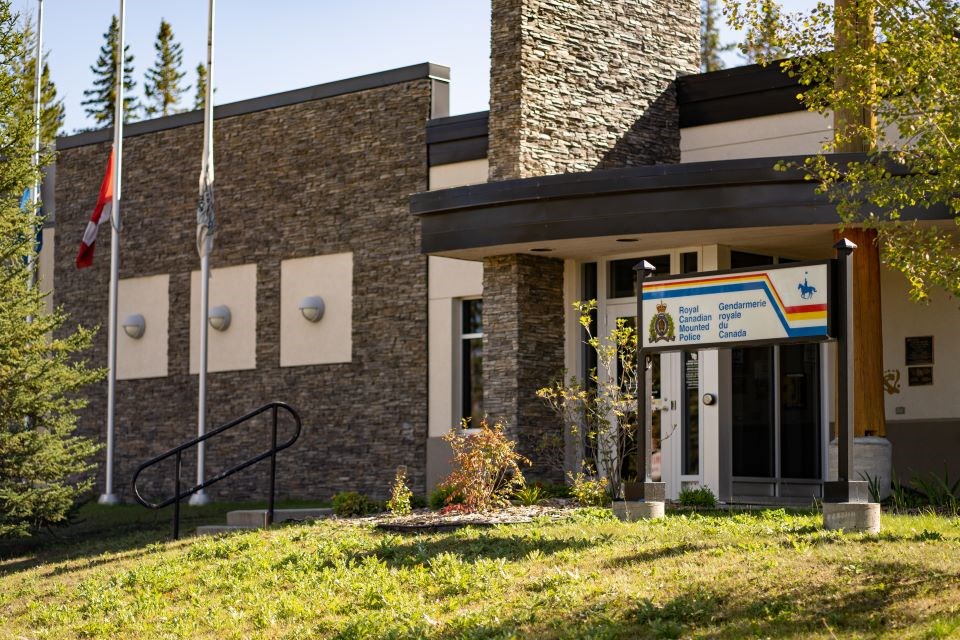A new mobile crisis team has been established to better respond to mental health cases in the Yellowhead region, including Jasper.
Regional Police and Crisis Teams are a partnership between Alberta Health Services (AHS) and the Alberta RCMP. The crisis team consists of an AHS psychiatric nurse, who will work with a dedicated RCMP officer specializing in mental health, in addition to providing expertise and knowledge to other members of regional detachments.
The crisis team offers mental health assessment, support and consultation in crisis situations and can arrange urgent psychiatry assessments and referrals as needed.
Cpl. Raylene Browne, an RCMP member and supervisor of Northern Alberta Regional Police and Crisis Teams, explained that mental health calls had typically been handled by general duty officers and paramedics.
“What we’re really trying to do is decrease our trips to the emergency room,” Browne said.
“By having that nurse in there, they can go into the home, do their assessment, be there for a couple of hours, get them connected with services, find out who their supports are and just avoid having to take them to the ER and then sit there because that’s not always the best place for someone in a mental health crisis.”
The team is based in Hinton and will serve residents of Jasper, Edson, Evansburg, Whitecourt and Swan Hills. Browne confirmed that current restrictions due to the wildfire would not impede the crisis team’s access to the Jasper townsite.
According to RCMP statistics, there were 22 incidents under the Mental Health Act in Jasper during the first quarter of 2024.
A goal is to divert individuals who are in crisis with mental illness or addiction issues away from the justice system.
On a typical active call, police will conduct background checks, and the nurse will look up someone’s mental health history if available.
“That’s all done before we get there, time permitting,” Browne said.
“General duty members will get there first to ensure that it’s safe for the nurse to go in, or they’ll call … the nurse and [they] can walk them through how to talk to the person right, if they do have some kind of diagnosis, to be aware of how we’re talking to them [and] some services that we can offer.”
The team will arrive in an unmarked police vehicle to ensure privacy, and the nurse will be carrying a portable radio and wearing the same soft body armour that RCMP officers do.
If there is a potentially dangerous call, such as when another officer is in trouble, the nurse would first be dropped off at a safe location.
All scenes must be cleared by general duty members, and nurses are not allowed to assist officers with situations such as fights.
“And we follow our policy for riding with a civilian, so we’re not out doing traffic stops with the nurse, we’re not getting into pursuits with the nurse [and] we’re not responding to radio or calls when there’s other members that need to go,” Browne said.




